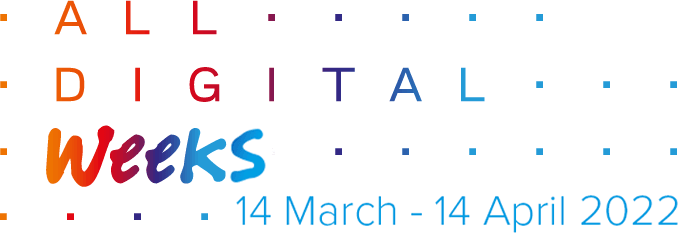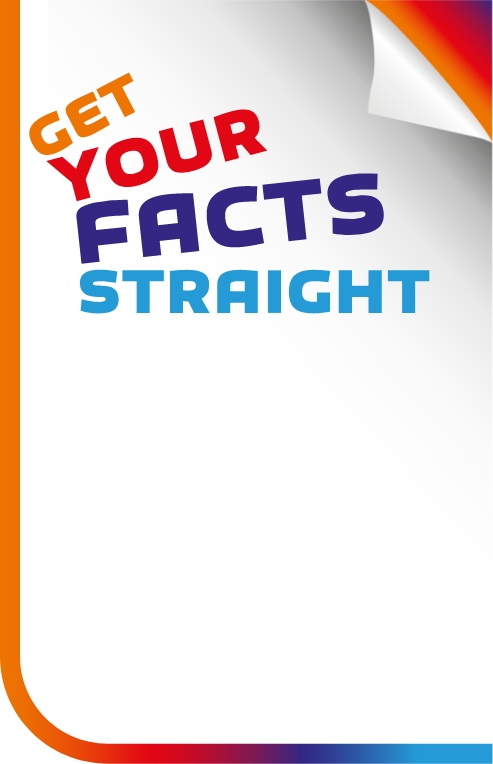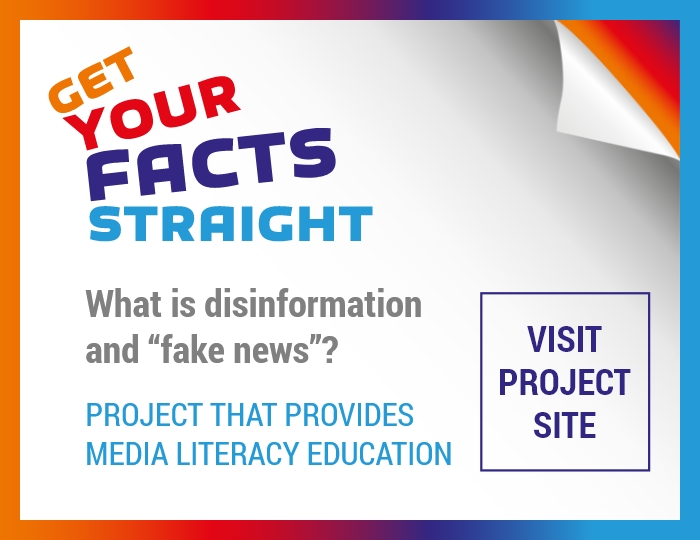Brussels, BELGIUM | 5 MARCH 2013
 Over 20% Europeans are young, unemployed, and mostly unaware of the fact that by 2015, about 800.000 (1) vacancies for ICT-related jobs will remain open if job seekers do not acquire the ICT skills demanded by the industry. To reduce this mismatch between supply and demand, the 2013 “Get Online Week” campaign (www.getonlineweek.eu) from Telecentre-Europe between 18-24 March 2013 will focus on youth, with activities that will encourage them to take up a career in ICT.
Over 20% Europeans are young, unemployed, and mostly unaware of the fact that by 2015, about 800.000 (1) vacancies for ICT-related jobs will remain open if job seekers do not acquire the ICT skills demanded by the industry. To reduce this mismatch between supply and demand, the 2013 “Get Online Week” campaign (www.getonlineweek.eu) from Telecentre-Europe between 18-24 March 2013 will focus on youth, with activities that will encourage them to take up a career in ICT.
Get Online Week 2013 will happen in about 10.000 European ICT learning centres (also known as telecentres) at public libraries, NGOs, schools & municipal organisations, located in both urban as rural areas. National campaign partners from almost 30 countries have joined efforts and will make use of innovative employability tools to direct more young people into computing qualifications. During the campaign, young unemployed people will be encouraged to take up industry-based trainings and will be informed about certification schemes that can recognize their informally acquired skills.
The campaign is organized by Telecentre-Europe, an umbrella organisation that represents 37 local network organizations from 27 European countries and is supported by the Get Online Week Alliance – a group formed by Accenture, Liberty Global and Microsoft. To conduct Get Online Week locally, national campaign partners have created multi-stakeholders coalitions with local public authorities, ICT industries, schools and universities in a joint effort to attract young people to ICT.
Gabriel Rissola, Managing Director at Telecentre-Europe said of the campaign: “As a follow-up of Get Online Week, we plan to support the national campaign managers to lead and facilitate Local Coalitions for Digital Jobs. Each Local Coalition for Digital Jobs will rapidly agree on a local action plan covering Grand Coalition priority areas (like awareness raising, industry-based training and certification and innovative learning & teaching) and will target goals for the short and medium term. Digital Champions will be invited to play a prominent role in each Local Coalition. We will build a common action plan to maximise synergies across countries, particularly focused on the engagement of industry actors operating in multiple countries across Europe. The short term impact will be evaluated and reported in 2014 at the e-Skills week and the Digital Agenda Assembly.”
George Ryan, Programme Manager at Fast Track into Information Technology (FIT), a member of Telecentre-Europe, said: “In Ireland and since 1999, over 11.000 unemployed people have completed an FIT ICT training and 8.500 (77%) got jobs. A quarter of FIT participants in Ireland are aged 25 or under, and the organization worked with youthreach programmes through the country to facilitate the upskilling of early school leavers for a number of years. Now FIT is working with support from Microsoft to implement the ‘Youth2Work’ initiative for Ireland and Northern Ireland. It was launched by the Irish head of Government, Taoiseach Enda Kenny T.D. on 21 February 2013 and aims to benefit 10.000 young people over the next three years. Microsoft is investing over three million euros in the Youth2Work initiative as part of its YouthSpark programme in Ireland.”
Next to directing more young people into computer degrees, Get Online Week 2013 will also empower youth with activities that build upon their knowledge to use technology to further develop their personal and professional lives. Under the slogan “My Digital Identity”, activities will boost the youngsters’ abilities to build a strong digital identity, to stay save online and to work, learn, entertain and communicate online.
Laure Lemaire, Director at Interface3, another Telecentre-Europe member added: “In Belgium and since 1988, 5.000 women have received IT training at Interface3 and 70% of them found quality jobs in the IT field or in other professional fields very much affected by IT. Interface3 is a training centre run by women for women and each year trains 400 women job seekers who gain ICT skills in areas such as web development, system administrating and IT helpdesk.”
Since its take-off in 2010, the annual Get Online Week has reached more than 500.000 Europeans in more than 20.000 learning centres across Europe. While initially focused on bringing new people online, the campaign’s focus has now moved to upskilling and reskilling people, through a large series of exciting events, training sessions and competitions, all over Europe.
As in many European countries digital inclusion is still extremely important, Get Online Week 2013 will keep aiming at engaging new internet users online, through activities that will highlight the essential role ICT skills play in today’s society. Under a theme called “My Online Journey”, exciting intergenerational learning activities will encourage first-time users and beginners to use technology and the internet with confidence and skills that allow them to benefit of the online world of opportunities.
Activities of the participants of Get Online Week will be recorded by a survey that will provide live online data on how Europeans are engaged through the campaign activities.
Notes for the Editor
Get Online Week is a European wide campaign run by Telecentre-Europe and the Get Online Week Alliance, engaging and empowering people to use technology and the internet with confidence and skills that allow them to benefit from the online world of opportunities.
The Get Online Week Alliance is a group formed by Accenture, Liberty Global and Microsoft, supporting and contributing to the Get Online Week 2013 campaign.
Telecentre-Europe AISBL is a not for profit international Association based in Belgium. It provides inclusive support to the vibrant network of ICT learning centres (also known as “telecentres”) in NGOs, libraries, municipalities & education venues all across Europe, to increase their impact and effectiveness and by fostering knowledge sharing & learning amongst its members. There are an estimated 20.000 centres within the network, all publicly accessible places where people can get help to access computers, the internet and other digital technologies that enable them to gather information, create, learn, and communicate with others.
For more information visit www.getonlineweek.eu and www.telecentre-europe.org or contact Laurentiu Bunescu – laurentiu.bunescu@telecentre-europe.org
(1) A set of recent data and forecasting scenarios were presented at a recent conference in Brussels: Towards a European Quality label for ICT industry training and certifications.
» Download the Press Release in .pdf format
























